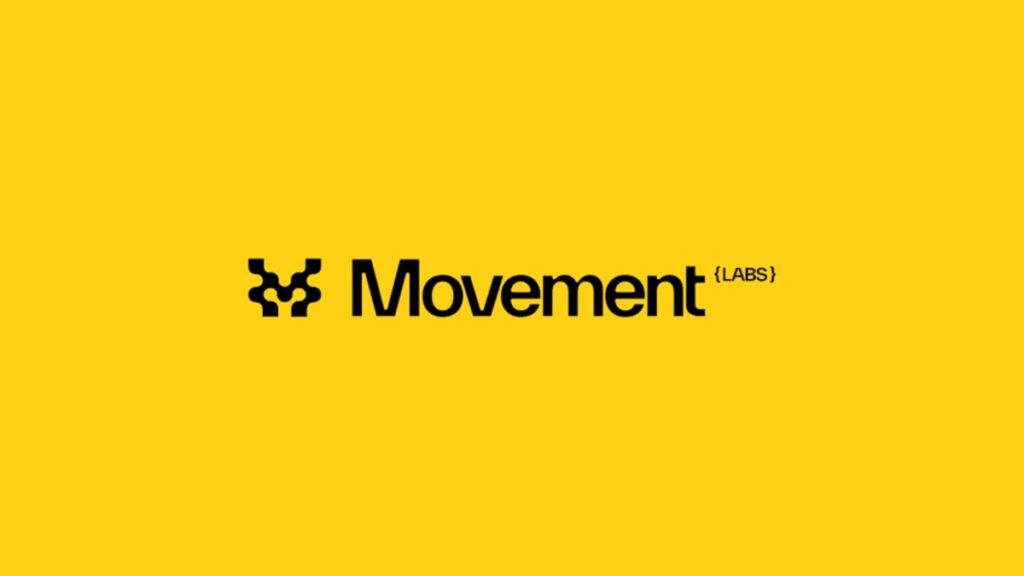By the end of 2024, Movement Labs intends to introduce a new system to rapidly resolve transactions directly on layer 2 (L2) scaling networks.

Rushi Manche, Movement Labs co-founder, has affirmed that the company intends to introduce a novel mechanism for expediting the settlement of transactions directly on layer 2 (L2) scaling networks by the conclusion of 2024.
Movement Labs To Introduce New L2 Network By End Of 2024
The co-founder stated that apps will be able to settle directly on Movement’s L2 with rapid finality “postconfirmations” secured by stakeholders.
Movement Labs stated in a blog post on September 2 that fast finality “postconfirmations” are a viable alternative to the current methods of settling Ethereum L2 transactions, including fraud proofs and zero-knowledge (ZK). These methods can potentially reduce confirmation periods to less than 1 second.
According to L2Beat, the total value locked (TVL) on L2s has increased by over threefold to nearly $35 billion in 2024, as Ethereum’s increasing prominence strains the network’s restricted bandwidth.
According to Chainspect, Ethereum’s average throughput was less than 13 transactions per second (TPS) in the past 30 days, while Solana (SOL) achieved nearly 700 TPS.
The solutions that are currently in place are imperfect. The finality of fraud proof on optimistic rollups, including Arbitrum, Optimism, and Base, can take up to seven days, and zk-rollups can be costly, according to Manche.
Manche stated that applications that are constructed on M2—Movement Lab’s forthcoming L2—have the option to direct transactions to a network of validators that are protected by Movement’s native token, MOVE, through postconfirmations. The token is expected to be released by the conclusion of 2024.
“You have the option to launch a custom rollup, accept L2 security, and continue to post call data to Ethereum by utilizing a set of validators.” Manche stated, “This enables you to maintain a high throughput while settling on Ethereum when necessary.”
In a manner comparable to other optimistic rollups, Movement’s M2 network will also settle transactions on mainnet Ethereum. Mache stated that Movement is collaborating with EigenDA, a data availability service that is based on the restaking protocol EigenLayer, to manage data that is awaiting settlement on the mainnet.
Movement Labs is one of several Web3 developers, including Aptos and Sui, that are developing blockchains on Move, a Rust-based programming language.
Manche stated that it has the potential to assist developers in the development of smart contracts that are secure and have a higher capacity. He anticipates that by the latter half of 2025, the percentage of Web3 developers who utilize Move will grow to 20%, up from the current 7.5%.
